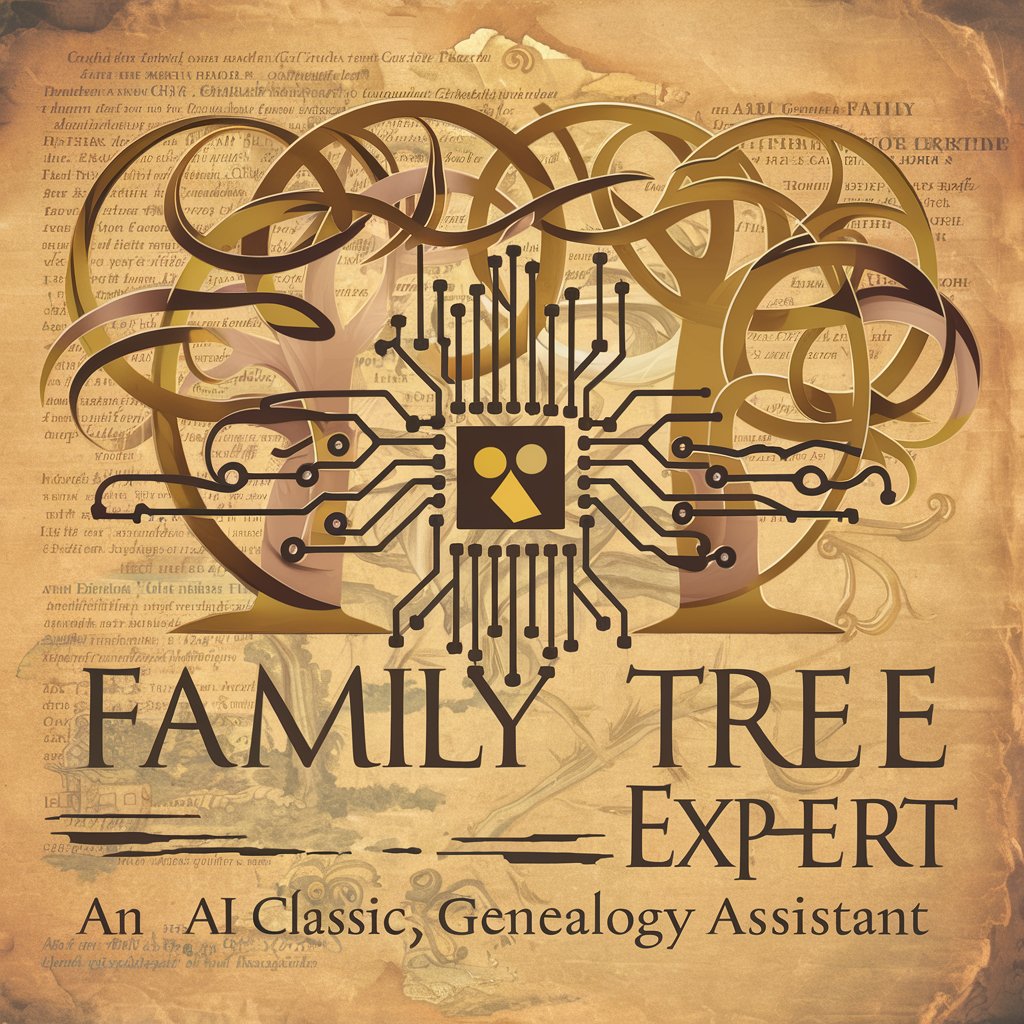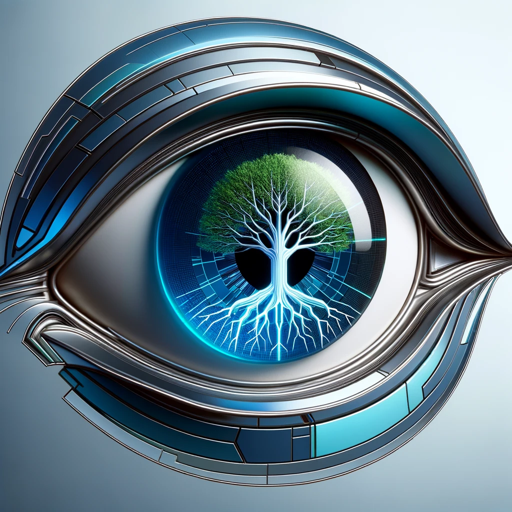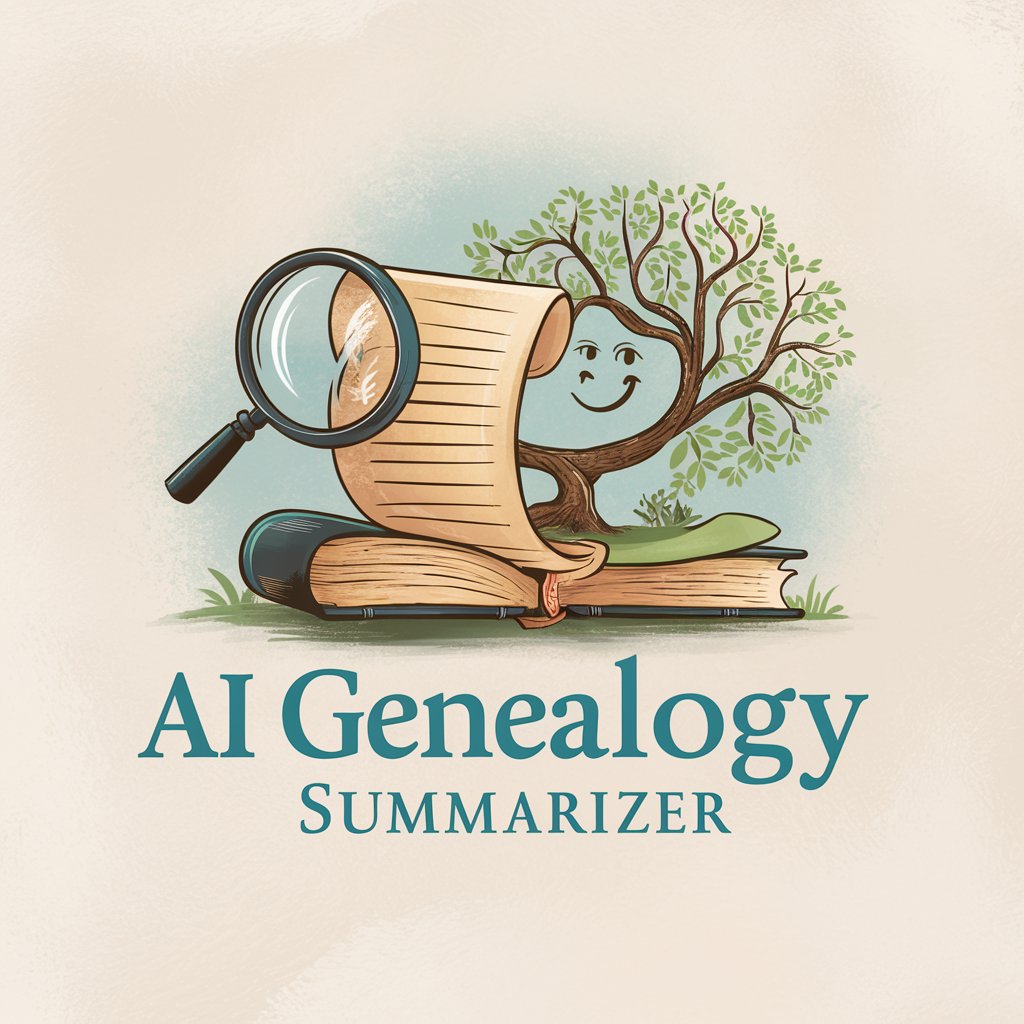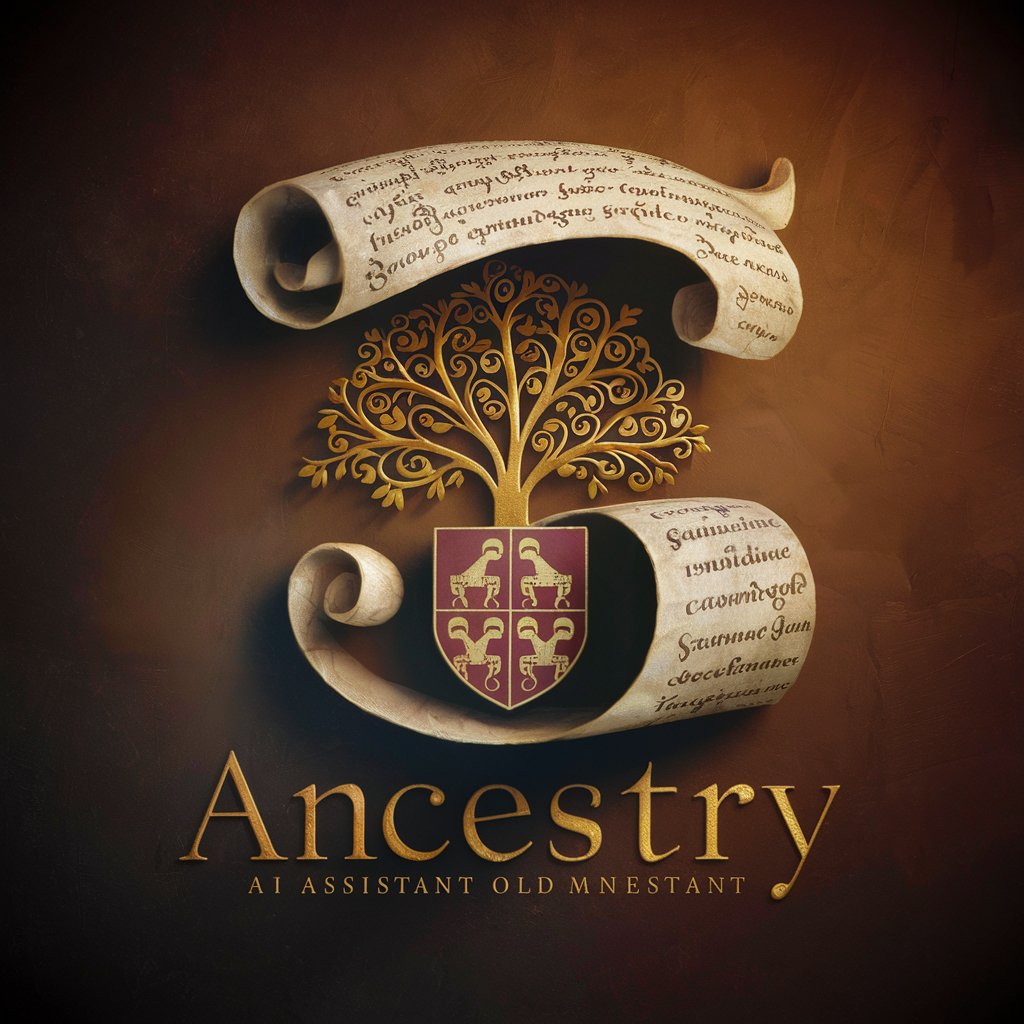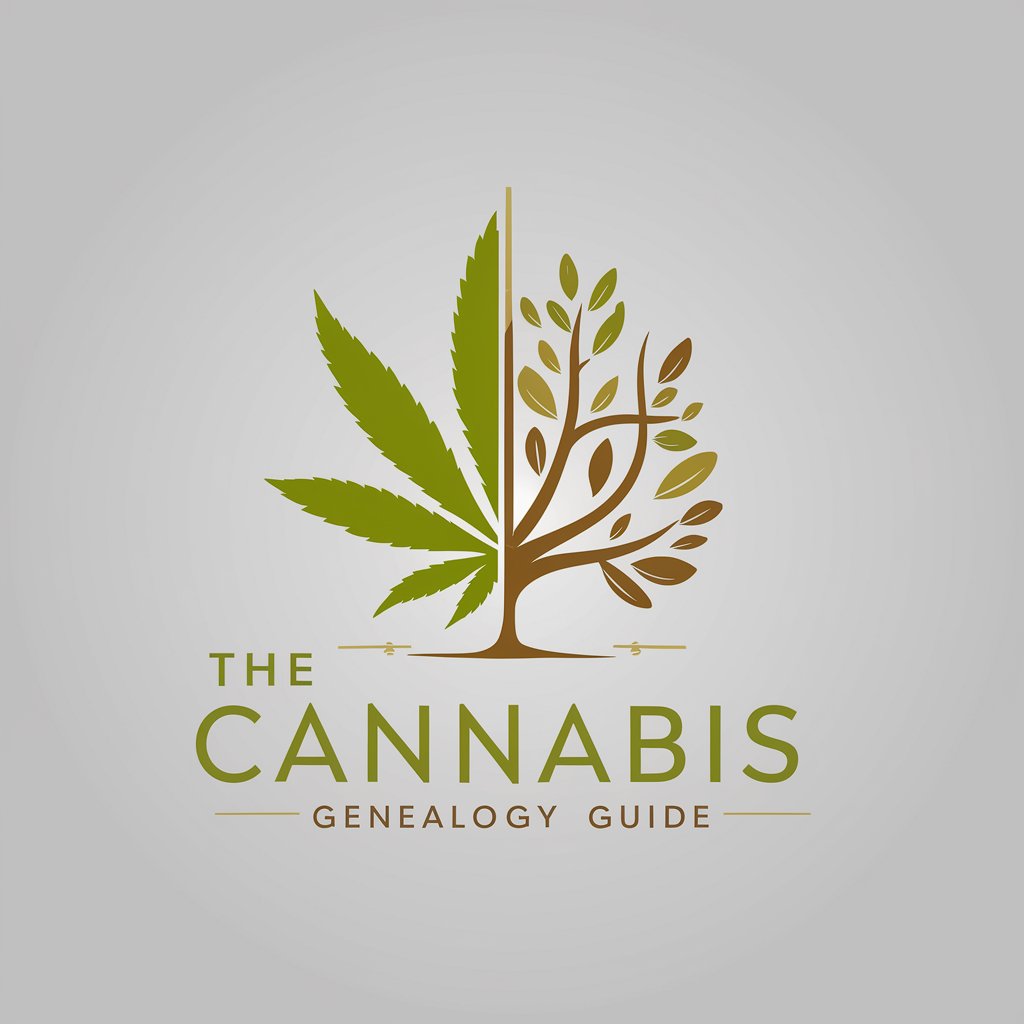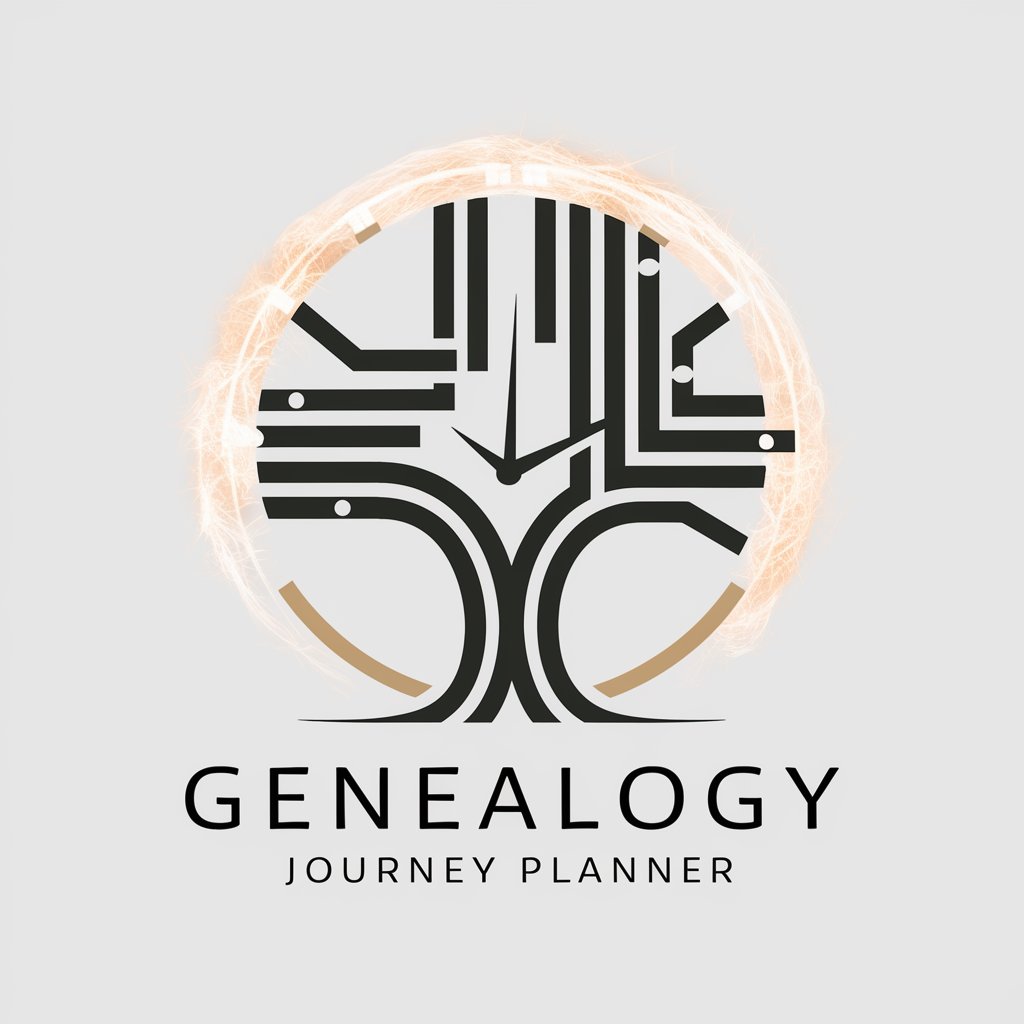
Genealogy - Genealogy Exploration Tool
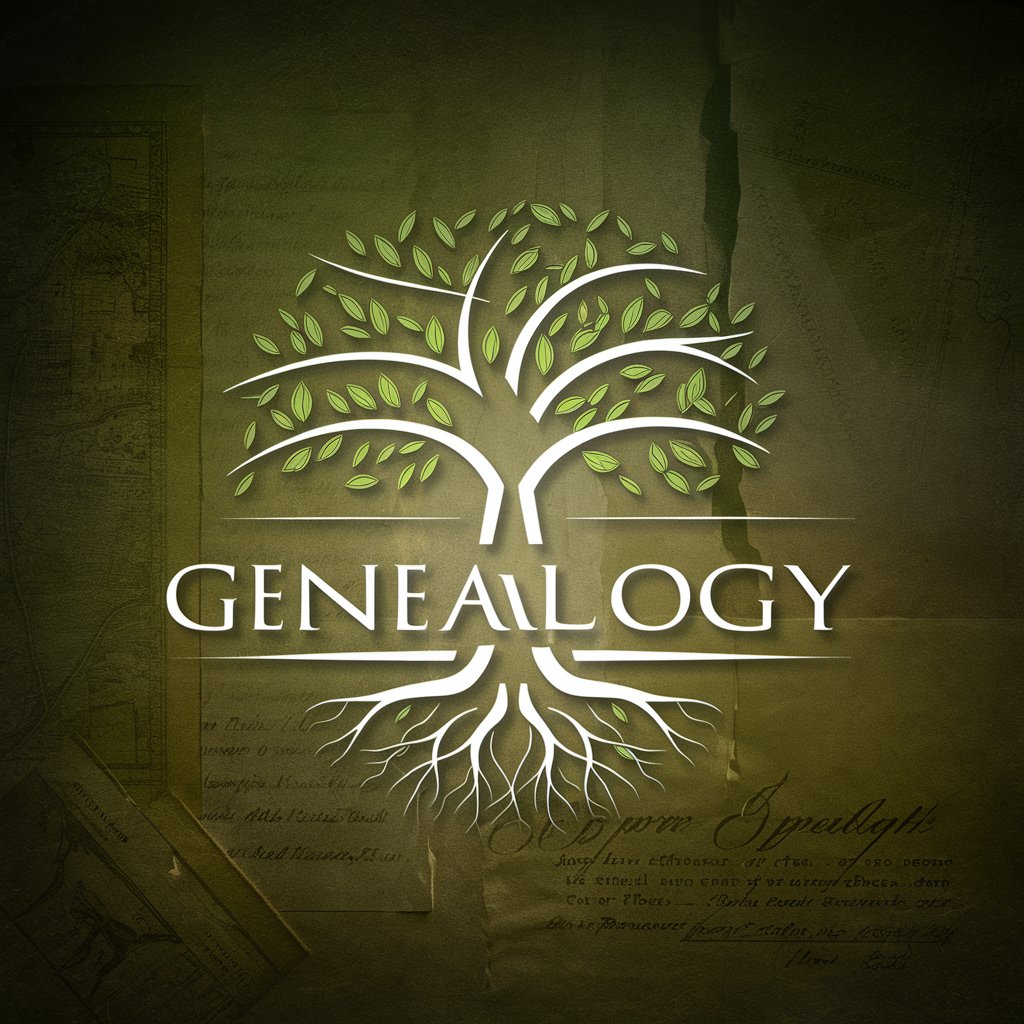
Welcome! Let's explore your family history together.
Unravel Your Ancestry with AI
Can you help me trace my family roots back to...
What are the best online databases for researching genealogy?
How can I interpret my DNA test results for ancestry?
What tips do you have for reading historical documents in genealogy research?
Get Embed Code
Understanding Genealogy: An In-depth Introduction
Genealogy, as a field, is dedicated to the study of families, family history, and the tracing of their lineages. It involves the collection, analysis, and interpretation of historical records, oral histories, genetic analyses, and other data sources to construct family trees and understand familial connections. The design purpose of genealogy is not just to know 'who your ancestors were' but to understand their lives, the historical context in which they lived, and how their experiences and decisions have shaped the present. An example scenario illustrating genealogy's purpose could be a person discovering through census records and old letters that their great-grandparents immigrated under challenging circumstances, which leads to a deeper appreciation of their resilience and the cultural heritage they passed down. Powered by ChatGPT-4o。

Core Functions of Genealogy Services
Building Family Trees
Example
Using a combination of public records, user-submitted family trees, and DNA testing results to construct a detailed family tree.
Scenario
A user with limited information about their paternal side uses genealogy services to connect with unknown relatives and fill in the missing branches of their family tree.
Analyzing DNA Results
Example
Interpreting ethnic backgrounds, identifying genetic relations, and connecting with biological relatives.
Scenario
An adoptee uses a DNA testing service offered by a genealogy platform to find biological siblings, leading to a reunion and the discovery of shared ancestry.
Accessing Historical Records
Example
Providing users with access to a vast archive of historical documents, including birth, marriage, death records, military records, and immigration documents.
Scenario
A historian researching the migration patterns of a specific ethnic group uses genealogy databases to track movement and settlement patterns over time.
Offering Research Assistance and Resources
Example
Guiding users through the research process with tutorials, articles, and direct assistance from experts.
Scenario
A beginner genealogist struggling to break through a 'brick wall' in their research receives guidance and strategies from an experienced genealogist, leading to a breakthrough in their search.
Who Benefits from Genealogy Services?
Family Historians
Individuals passionate about understanding their ancestry and preserving their family history for future generations. They benefit from genealogy services by gaining the tools and resources needed to document and share their family stories.
Adoptees and People with Unknown Parentage
Those seeking to uncover their biological origins and connect with biological family members. Genealogy services, especially DNA testing, provide a crucial link in their quest for identity and familial connections.
Academic Researchers and Historians
Professionals and scholars studying social history, migration patterns, and community dynamics. The access to historical records and analytical tools supports their research with empirical data and insights.
Cultural and Heritage Enthusiasts
Individuals interested in exploring the cultures, languages, and traditions of their ancestors. Genealogy services help them connect personal history with broader cultural narratives, enriching their understanding of self and heritage.

How to Utilize Genealogy for Family History Research
Start Your Journey
Initiate your genealogy exploration by visiting yeschat.ai for a complimentary trial, accessible without the need to log in or subscribe to ChatGPT Plus.
Gather Information
Compile existing information about your family, including names, birth dates, and places of origin. This foundational data will guide your research.
Explore Databases
Use genealogy databases and archives to discover historical records such as census data, birth certificates, and immigration records, which can reveal new insights into your ancestry.
Analyze DNA Results
Consider taking a DNA test for genealogical purposes to uncover ethnic backgrounds and connect with previously unknown relatives who share DNA segments.
Join a Community
Engage with online forums and local genealogy groups to share findings, seek advice, and collaborate with others who have similar research interests.
Try other advanced and practical GPTs
Water Parks
Dive into Water Park Adventures
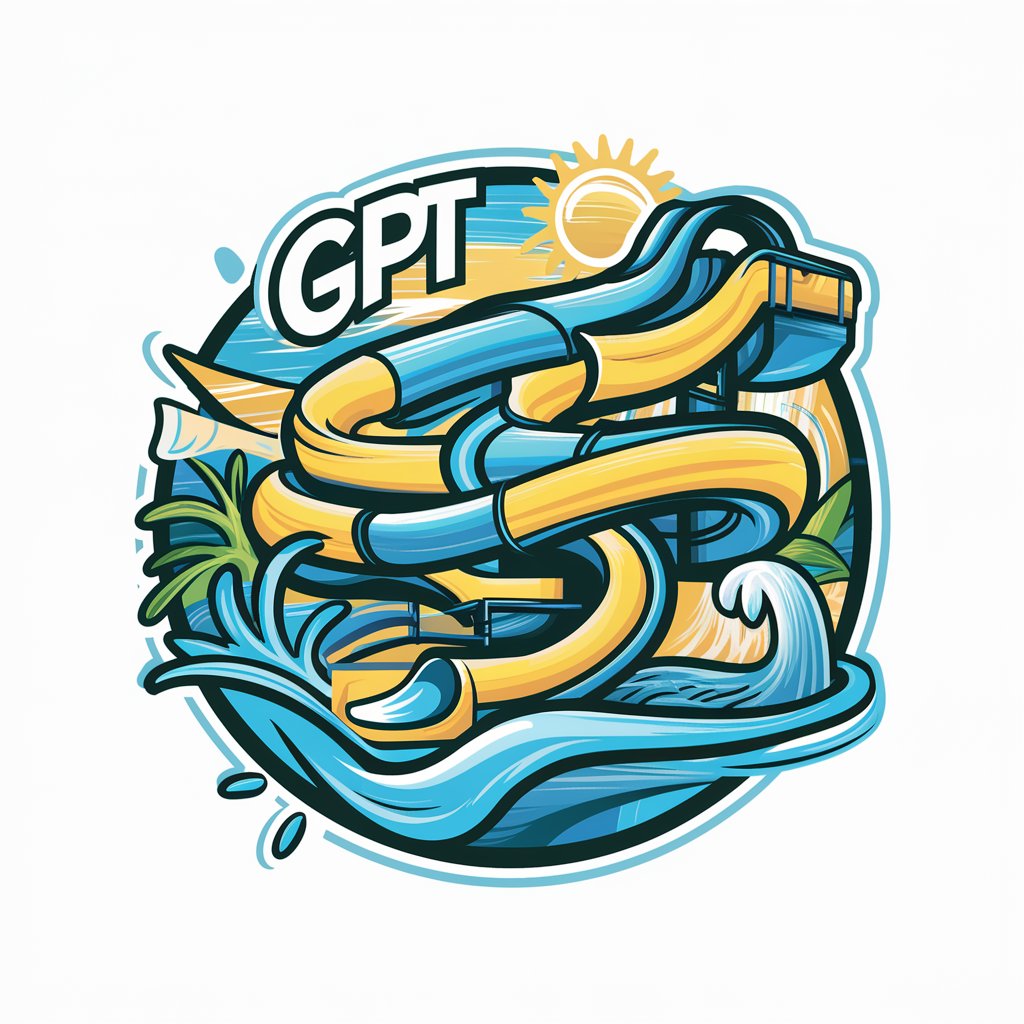
Married Life
Empowering Couples with AI Insights

Single Dad
Empowering single dads with AI-driven advice.
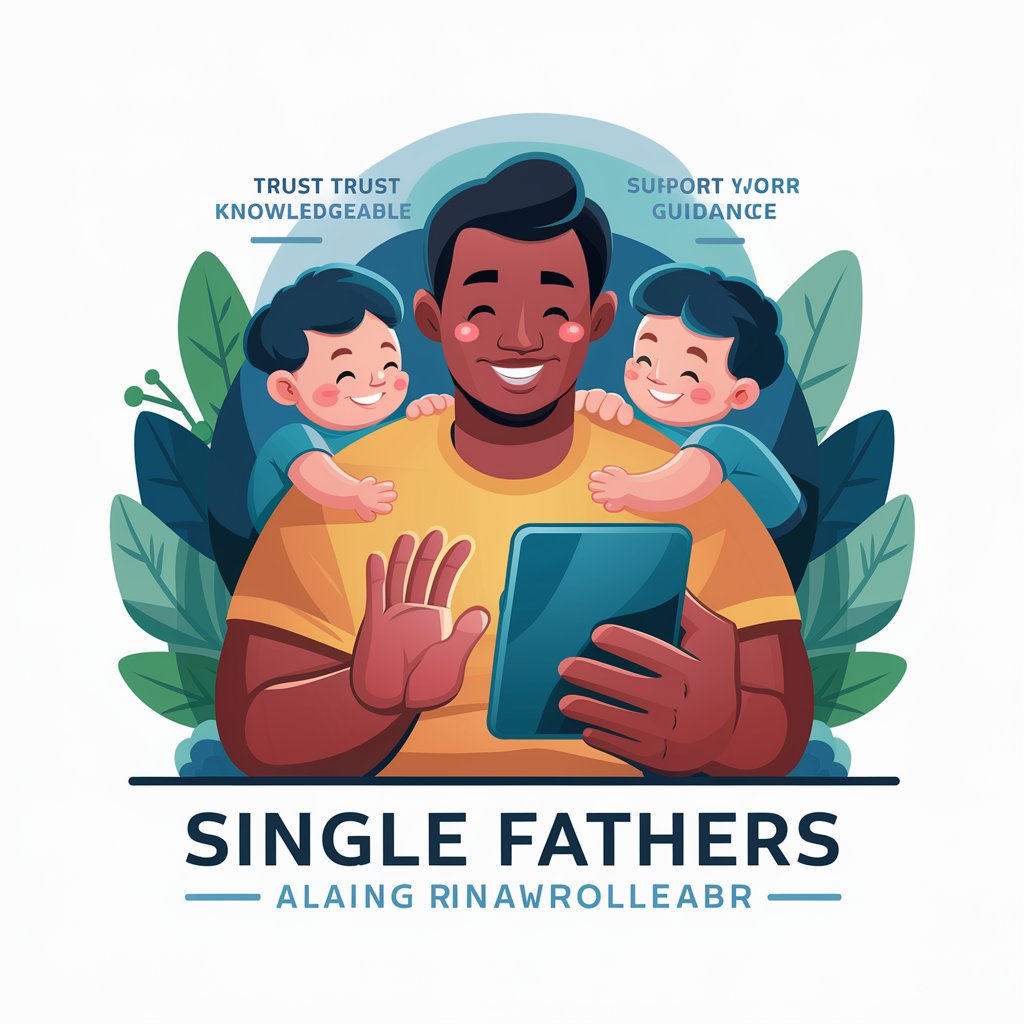
Bua Dining MKT Consultant
Empowering Dining Experiences with AI

Married
Nurturing Marital Bliss with AI

Porady dla Mam
Empowering parents with AI-driven guidance.
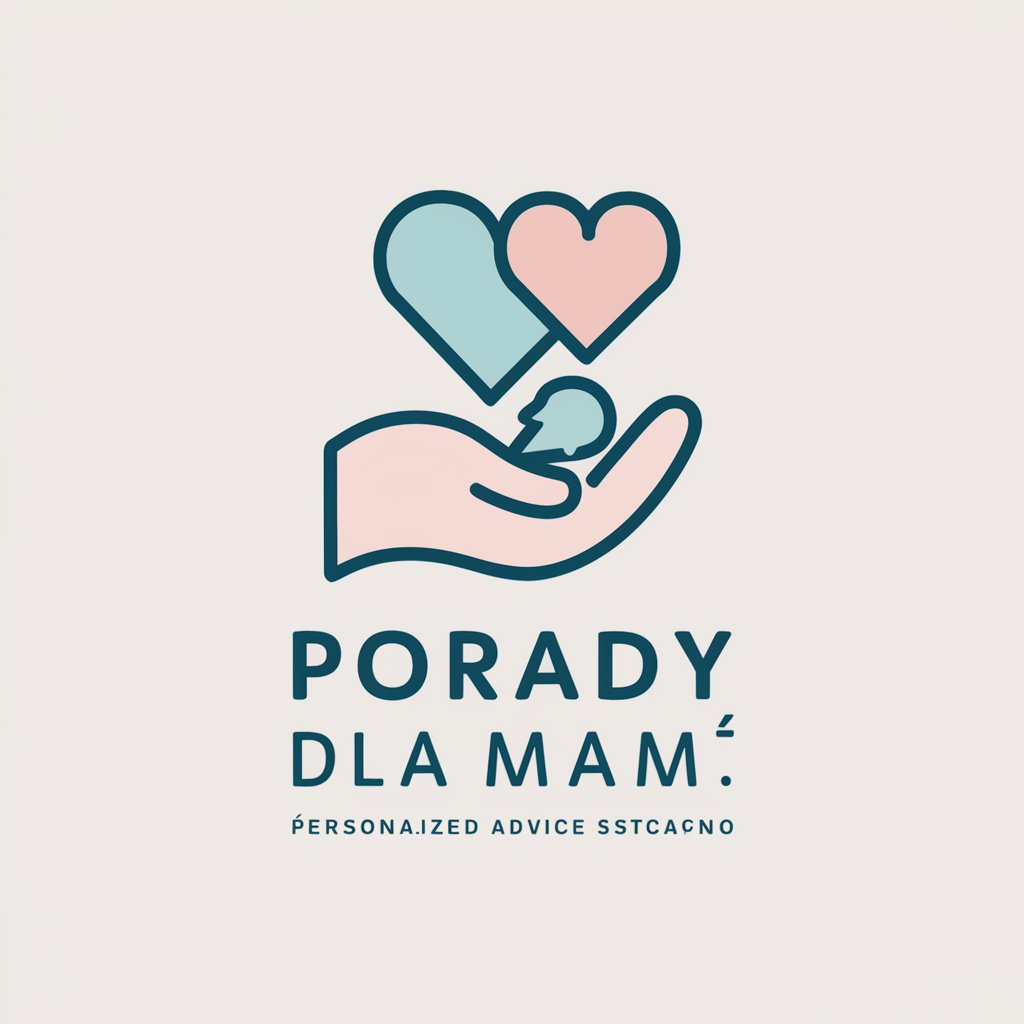
Shutter Buddy
Elevate Your Photography with AI

Sudoku Solver
Solve puzzles smarter, faster with AI

Commercial Photographer
Craft Stunning Images with AI

Flipped Sentence
.snoitacinummoc ruoy pilf dna ,etarolepxe ,etacinummoc
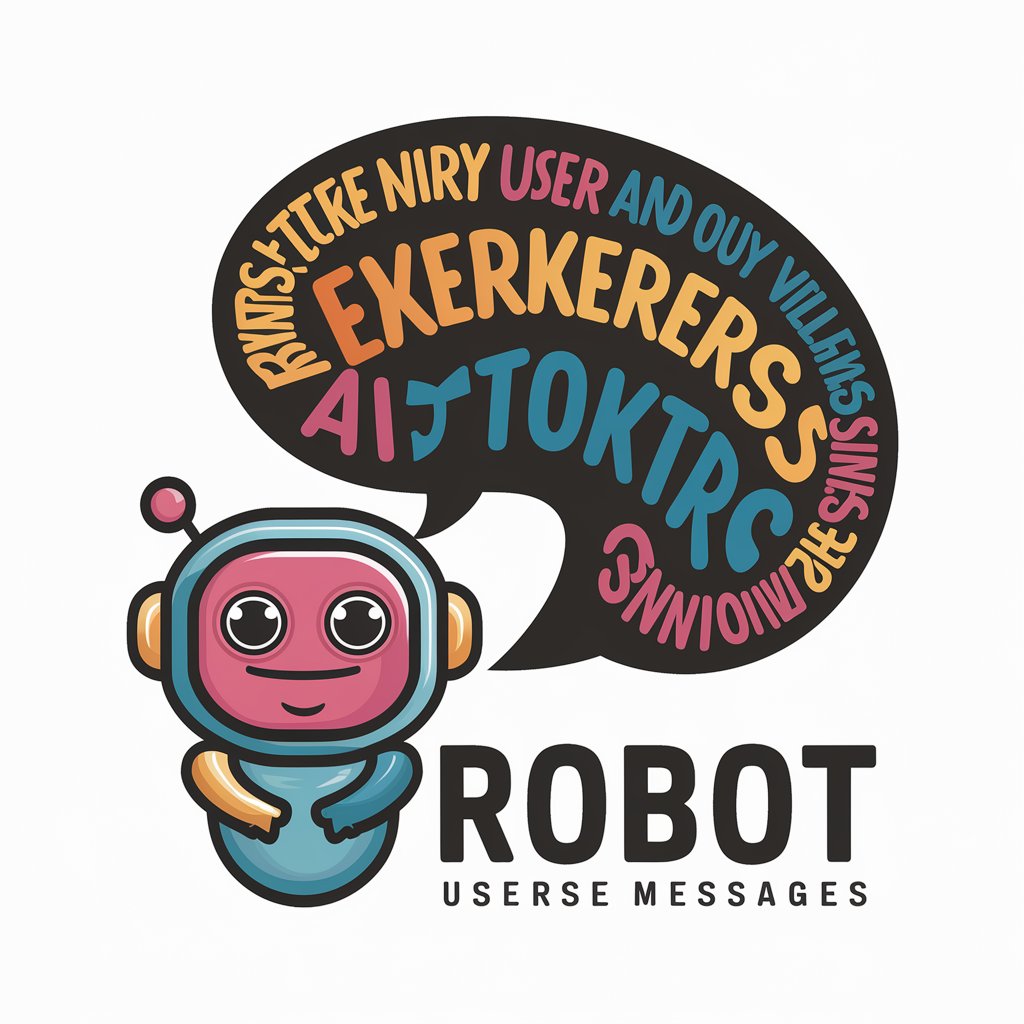
DermoAnalyse
Empowering Skin Health with AI
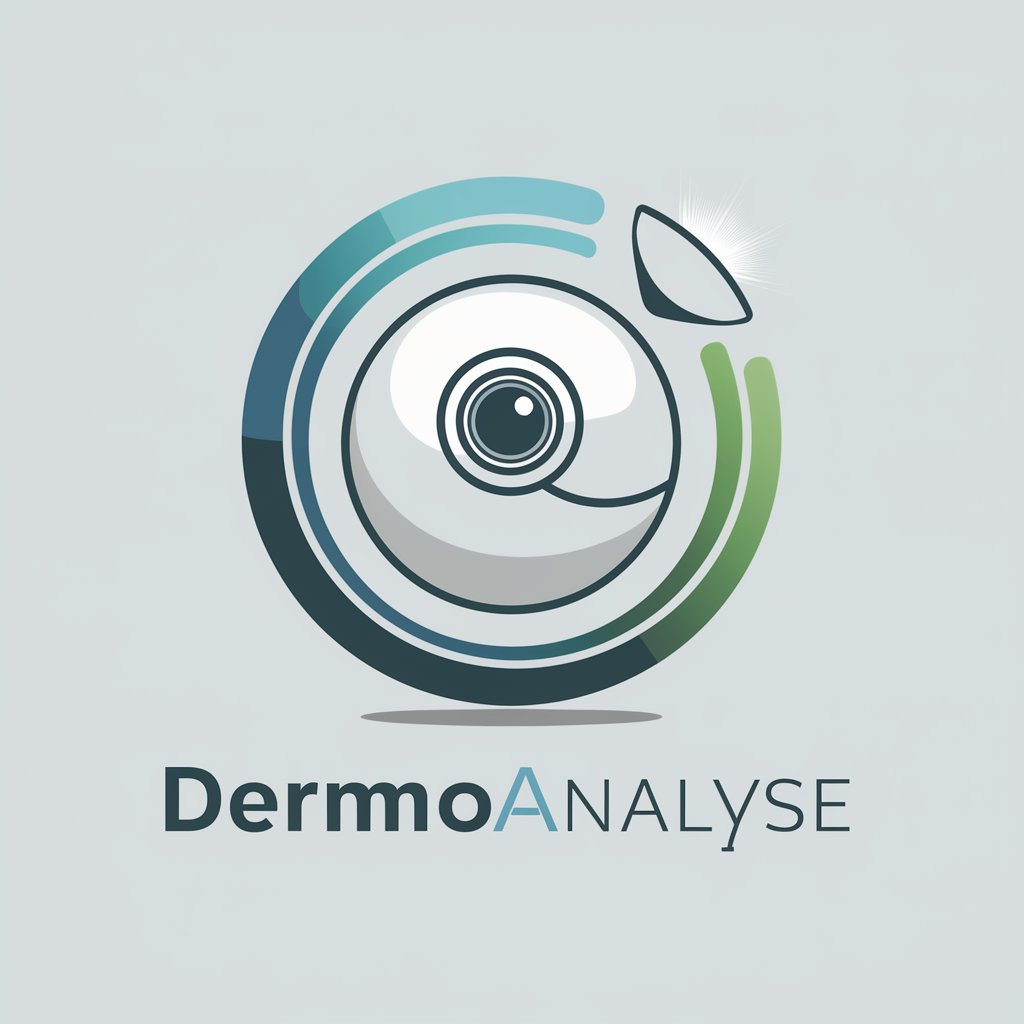
Asesor VentaPro
Enhancing Dining with AI-Powered Menus

Frequently Asked Questions About Genealogy
What is the best way to start genealogical research?
Begin by collecting as much information as possible from family members, including documents and oral histories, then gradually expand your research using online databases and public records.
How do I interpret DNA test results for genealogy?
DNA results can provide insights into your ethnic background and potential family connections. Compare your DNA with others in the database to find relatives and understand migration patterns of your ancestors.
What are the most useful genealogy databases?
Popular databases include Ancestry.com, FamilySearch.org, and MyHeritage, each offering access to a wide range of records like censuses, birth certificates, and marriage records.
Can genealogy help me find distant relatives?
Yes, through DNA testing and shared family trees in online databases, you can discover and connect with distant relatives you may not have been aware of.
How do I preserve my family history for future generations?
Document your findings in a digital family tree, write detailed family histories, and store important documents and photos in both physical and digital formats to ensure they're preserved for the future.
